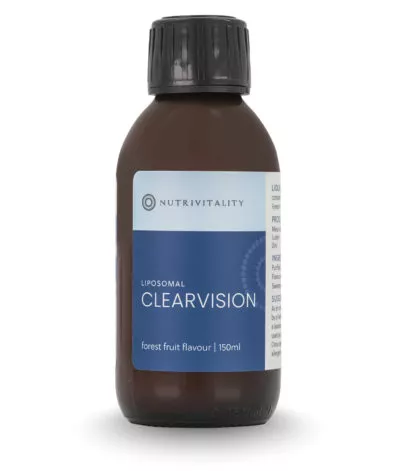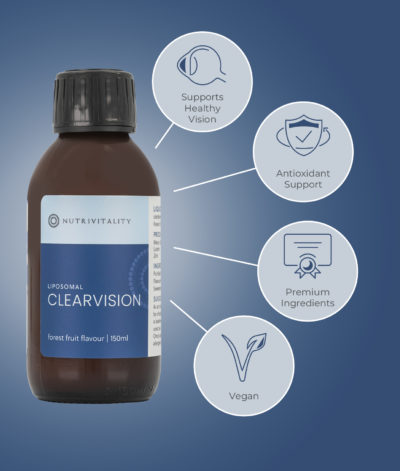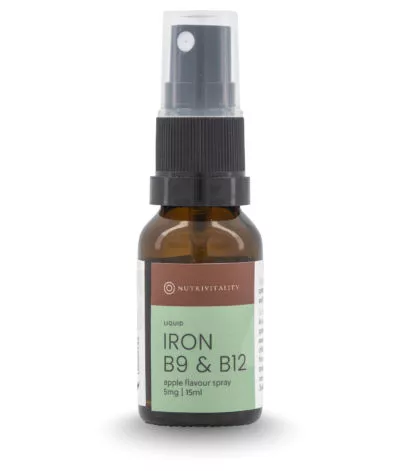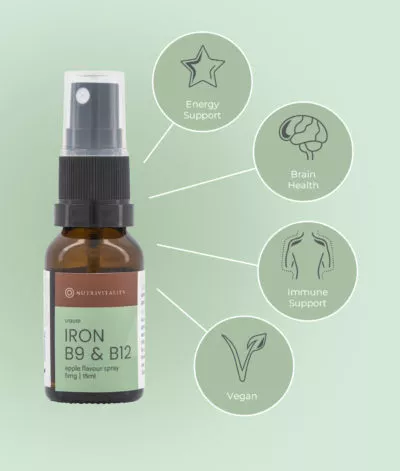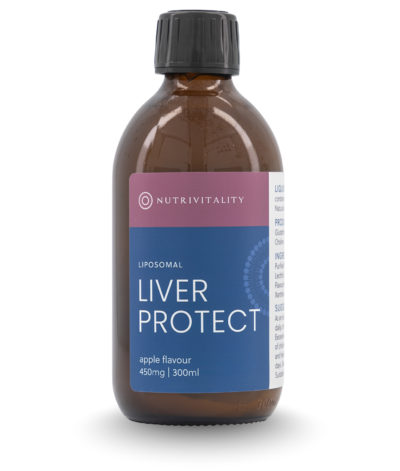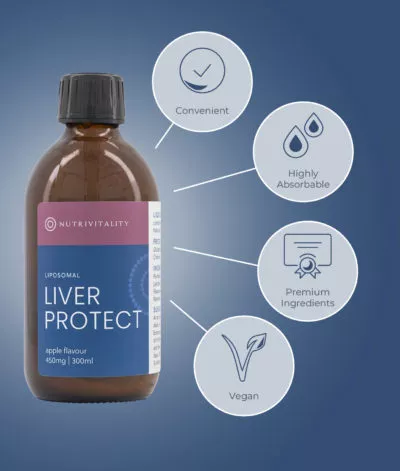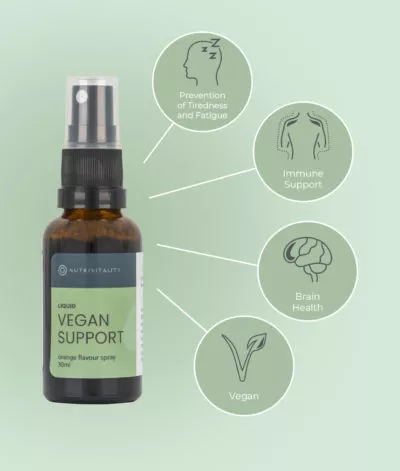8 Tips to Help Your Mental Health
Regulate Blood Sugar Levels
Blood sugar imbalances can harm many aspects of our health, including mood, energy levels, hormonal balance, appetite, and ultimately release stress hormones. Whilst stress hormones are essential for certain physiological processes, too much of them can lead to adrenal fatigue or ‘burnout’. This can negatively affect our mental health and physical health. Regulating blood sugar imbalances and ensuring blood sugar levels are consistent and stable throughout the day can help to minimise these negative effects. One way we can do this is to include protein with every meal and snack. Protein helps slow down the release of glucose from the foods we eat into the bloodstream at a steadier rate.
Healthy protein sources include lean white meats such as chicken and turkey, fish, beans, lentils, pulses, nuts, and seeds. Including slow releasing complex carbohydrates such as whole grains, oats, brown rice, and wholemeal pasta can also help. Stimulants such as caffeine, alcohol and tobacco should be avoided, particularly on an empty stomach. Also, should processed foods, red meat, sugar and white flour products should be avoided. These all have adverse effects on blood sugar levels and adrenal gland function. Eating little and often and avoiding going long periods without eating can also help.
Increase feel-good hormones
Certain foods contain tryptophan, an amino acid that helps make serotonin- the feel-good hormone that elevates mood and reduces heightened anxiety responses. Tryptophan also helps to induce restful sleep. Food sources include turkey, cottage cheese, low-fat yoghurt and milk, avocado, kidney beans, brown rice, sesame seeds and bananas. Carbohydrate foods should be eaten simultaneously to absorb tryptophan, i.e. oatcakes with cottage cheese or potatoes with turkey.
Stay Hydrated
The most vital substance for a healthy mind and body is water. It provides a crucial transport system where vitamins & minerals can be taken to the cells and organs. It also helps to remove waste products from cells and organs. Therefore, it is vital to consume plenty of water daily to keep well hydrated and help counteract stress by circulating nutrients. The recommended daily intake is 2 litres per day. Herbal and fruit teas also count towards our daily water intake, as do fresh fruit and vegetables, as these contain up to 90% water content. For example, chamomile tea promotes calm and relaxation and may be helpful during times of stress. Caffeine and alcohol, on the other hand, can have the opposite effect, and since they are diuretics that drain the system of vital nutrients, intake should be limited if not avoided.
Increase stress-busting nutrients
Deficiency of the B vitamins is commonly associated with stress. This is because they are necessary for the health and proper functioning of the nervous system. B vitamins also help boost energy levels, helping combat tiredness and fatigue, common symptoms associated with stress and anxiety. Food Sources include whole grains, brown rice, fish, eggs, oats, nuts and seeds, lean white meat, dark green leafy vegetables.
Vitamin C is vital to help the body cope with fatigue, a common side effect of stress and anxiety. It helps boost the immune system, which can be weakened due to adrenal fatigue, a common condition that is again associated with stress, depression, and anxiety. You can find Vitamin C in berries, citrus fruits, green vegetables, asparagus, avocados, black currants, broccoli, Brussels sprouts, grapefruit, kale, lemons, mangos, onions, oranges, papayas. The recommendation for a daily supplement is 1000mg to provide optimum levels to alleviate fatigue and combat the effects of stress.
Research has shown Vitamin E can protect the adrenal glands from free radical damage during the stress response. It is a powerful antioxidant needed for immune function. Food Sources include avocados, cold-pressed vegetable oils, legumes, nuts and seeds and whole grains.
Calcium and Magnesium are natural tranquilisers shown to help relieve anxiety, tension, nervousness, muscular spasms and tics. Magnesium is also involved in the production of adrenal hormones and therefore helps to reduce the risk of adrenal exhaustion. Many believe a deficiency of this mineral is a significant cause of chronic fatigue associated with stress and anxiety. Food Sources include fish, dark green leafy vegetables, avocados, apricots, apples, bananas, brown rice, watercress and whole grains.
There is such a thing as ‘Good Fats’
Essential fats such as omega 3 can reduce the sympathetic nervous response, activated during periods of stress and anxiety. Omega 3 is also crucial for immune health, which can be adversely affected due to stress and anxiety. The most common places to find Omega 3 are oily fish such as salmon, mackerel, sardines, trout and Herring, flaxseed oil and walnuts.
Find time to relax
There are many health benefits associated with relaxation, especially in terms of mental health. Therefore it is important to incorporate it into a daily routine. It helps the body restore and repair itself, reduces muscle tension, and improves sleep quality, energy levels, concentration, and overall mood. It also helps reduce the risk of adrenal fatigue associated with stress and anxiety. Learning simple breathing techniques is one of the most straightforward ways to bring the body and mind into a much more relaxed state. Meditation music for sleep can help bring about calm and relaxation at bedtime. Practised for thousands of years, many regard meditation as one of the most effective ways to calm the mind. Yoga is an excellent form of exercise as well as relaxation. Yoga is an effective stress buster and is associated with many health benefits.
Consider your Lifestyle
Exercise is good for the mood as it elevates endorphin levels (the ‘feel-good’ hormones) and is subsequently a natural ‘antidepressant’. For example, taking a brisk walk for 30 minutes or so daily will reduce stress levels, improve brain circulation, and boost mental performance. In addition, taking up a social activity and being with other people may help some people to overcome feelings of isolation and loneliness.
Increasing exposure to daylight may help improve mood as light has been shown to directly affect the pineal gland, which produces melatonin, a close relative of the feel-good brain hormone serotonin. Exposure to sunlight will also help increase vitamin D intake, which is essential since vitamin D deficiency is associated with low mood and depression.
Positive Mental Attitude
Attitude is also an important factor in health maintenance and healing. A positive state of mind and being enthusiastic about life is essential to maintaining healthy brain function, improving mood, and alleviating feelings of stress and anxiety.

